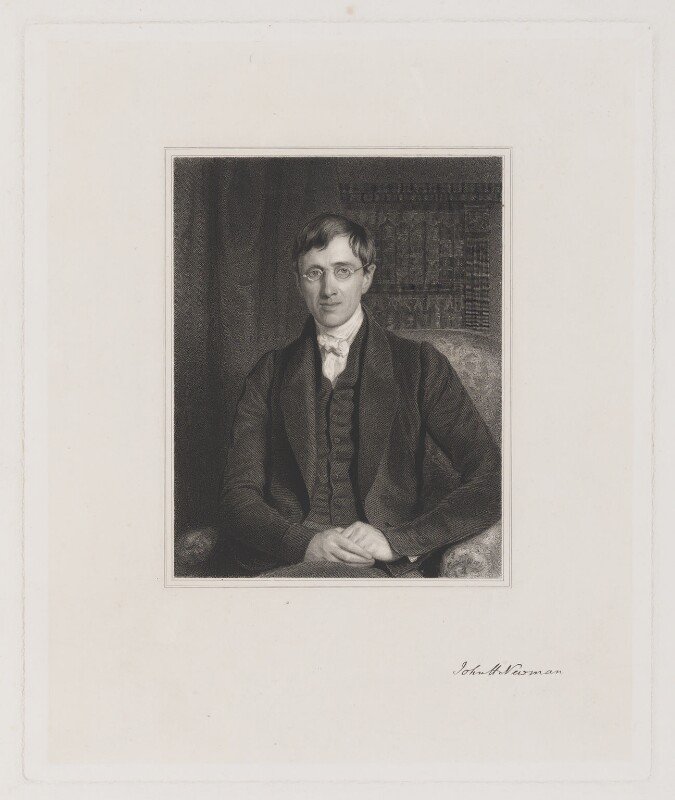
Like many vicars of St Mary's before him, John Henry Newman was a fellow of Oriel College. He came to St Mary's in 1828.
As a young man Newman was an Evangelical Christian, believing in the power of preaching and emphasising the importance of the Bible rather than ritual or tradition. By the time he was Vicar at St Mary's his views had begun to change. He thought a connection with the earliest days of the Christian church was important and began to wonder whether the Protestant Reformation had broken that connection.
This was not just an academic concern. Newman believed that being part of the wrong church was a danger to your soul and to your chances of salvation. Newman began to speak in favour of a major revival that would take the Church of England back to its early Christian roots. His ideas (and those of other members of his circle) were spread through books, a series of pamphlets know as Tracts for the Times and sermons at St Mary's. The sermons combined practical and spiritual advice and had a powerful impact on those who heard them. The head of Wadham College was so concerned about Newman's influence that he organised compulsory lectures on Sunday afternoons to prevent impressionable undergraduates from coming to St Mary's.
In the 1840s, after years of internal struggle Newman's search for authenticity led him to a new position. He had once believed that while both the Protestant and Roman Catholic churches had strayed from early Christian ideals, the Church of England had found a via media or middle way, which preserved most authentically the faith and doctrine of the early Christian church. Newman eventually changed his mind and came to believe that the Roman Catholic Church had remained more true to the early Christian church.
In 1843 Newman resigned his post at St Mary's and retired to Littlemore just outside Oxford. In 1845 he was received into the Roman Catholic Church, and in 1846, he was ordained as a Roman Catholic priest. He became a controversial figurehead for the Roman Catholic Church in Britain, and in 1878 was made a Cardinal. He died on August 11 1890. His beatification was officially declared by Pope Benedict XVI on September 19 2010. On 13 October 2019, Newman was canonised at a ceremony in Rome at which Pope Francis presided.
His commemoration is observed in the Church of England's lectionary on August 11.